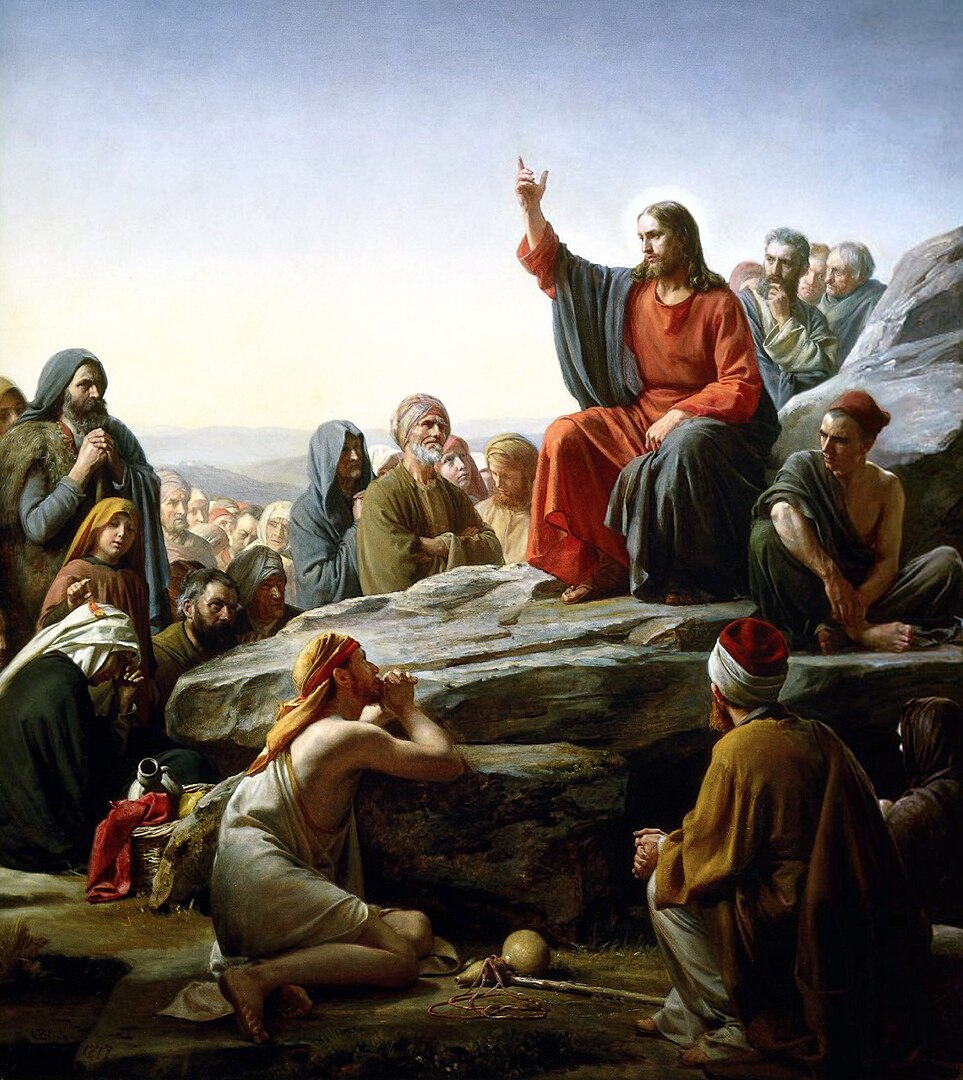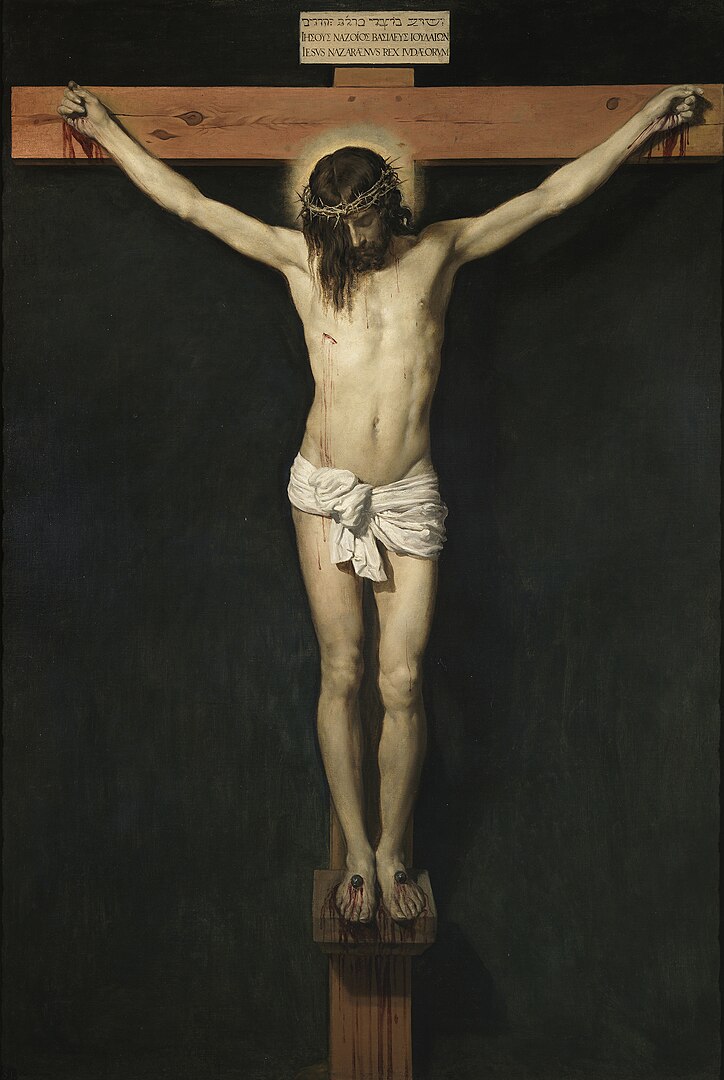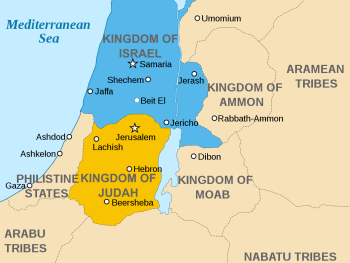
The Passion of the Christ is a pivotal event in Christian history, marking the culmination of Jesus' earthly ministry and the sacrificial death that forms the bedrock of Christian theology. The Gospels provide detailed accounts of Jesus' final hours, from his arrest in the Garden of Gethsemane to his crucifixion and burial. While these accounts offer a rich and compelling narrative, they are not without their historical complexities and challenges.

The Historical Context
To understand the Passion of the Christ, it is essential to first consider the historical context of first-century Palestine. Under Roman rule, the region was rife with political unrest and social tensions. The Jewish population, deeply religious and fiercely independent, chafed under Roman authority, yearning for a messianic figure to deliver them from oppression.
Jesus' Ministry and Impact
Jesus emerged as a charismatic teacher and healer, attracting a large following among the Galilean peasantry. His message of compassion, social justice, and spiritual renewal resonated with many, but it also alarmed the Jewish religious authorities, who perceived him as a threat to their power and tradition.
The Arrest and Trial
The events leading up to Jesus' crucifixion are a complex interplay of political maneuvering, religious rivalries, and popular sentiment. The chief priests, fearing Jesus' growing influence, conspired to have him arrested. The Romans, wary of any potential uprisings, obliged, and Jesus was put on trial before Pontius Pilate, the Roman governor of Judea.
The Crucifixion
Pilate found Jesus guilty of no crime but, under pressure from the crowd and fearing a riot, sentenced him to crucifixion. This brutal form of execution was reserved for the most serious offenders and was considered a horrific and humiliating death.
The Significance of the Passion
The Passion of the Christ is a central event in Christian history, marking the moment when Jesus willingly sacrificed his life for the salvation of humanity. His suffering and death are seen as a testament to his love for humankind and his ultimate triumph over sin and death.
Historical Challenges
Despite its centrality in Christian tradition, the Passion of the Christ presents a number of historical challenges. The Gospels, written decades after the event, are not without their inconsistencies and biases. Moreover, some of the details surrounding Jesus' trial and crucifixion remain shrouded in mystery.

The Passion of the Christ is a complex and multifaceted event, shaped by a confluence of historical, political, and religious factors. While the Gospels provide a rich narrative of Jesus' final hours, they also pose challenges for historians seeking to reconstruct the events with precision. Nonetheless, the Passion remains a pivotal moment in Christian history, marking the culmination of Jesus' earthly ministry and the sacrificial death that forms the bedrock of Christian theology.
Additional Considerations
- The Passion of the Christ has been a source of both inspiration and controversy throughout Christian history.
- The Gospels' portrayal of the Passion has been criticized for anti-Semitism, but scholars debate the accuracy of this charge.
- The Passion continues to be a subject of theological and historical debate, with scholars continuing to explore its nuances and implications.
Redemptive Sacrifice Roman Empire In First Century Roman Empire Crucifixion Of Jesus Ultimate Sacrifice Jesus Christ Crucifixion History of Christianity Pontius Pilate Judaism Religious persecution Sacrifice Redemption Salvation

















